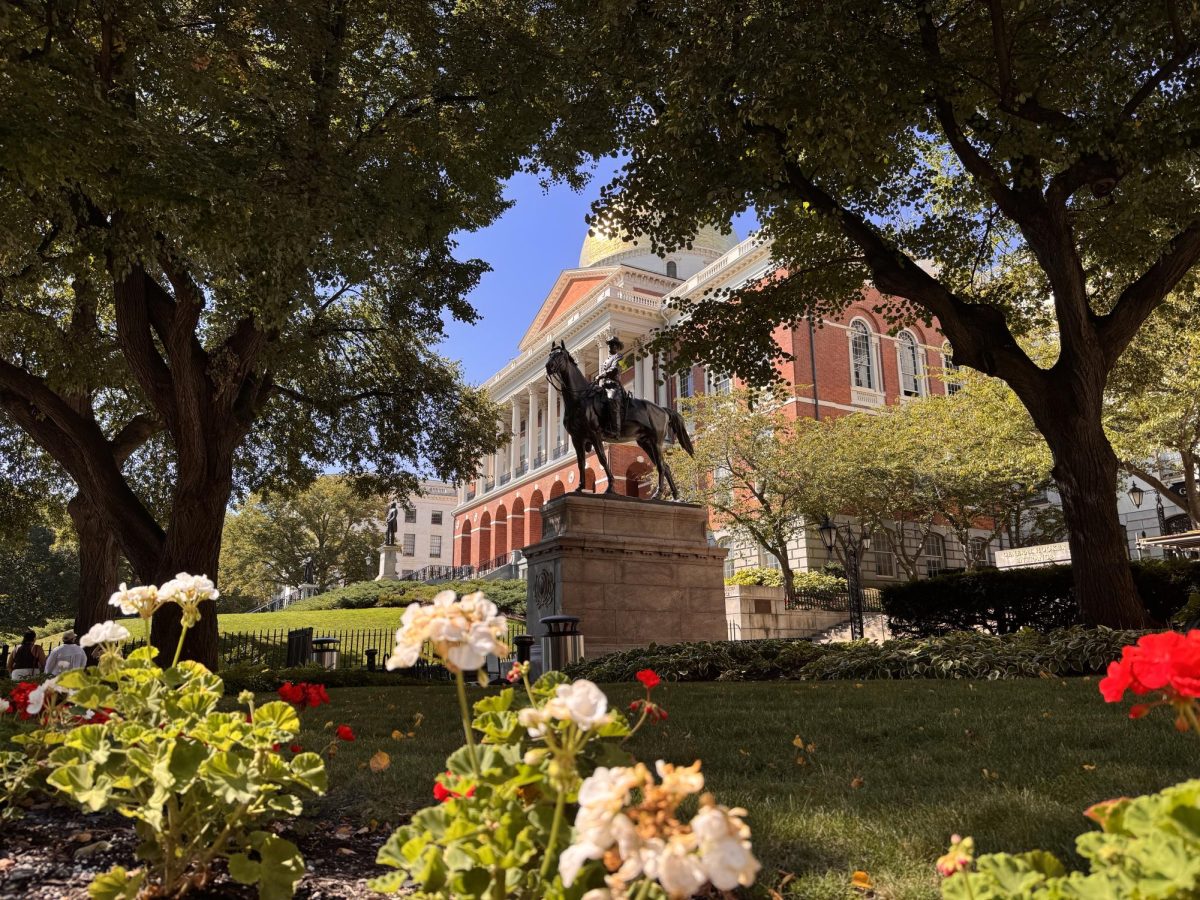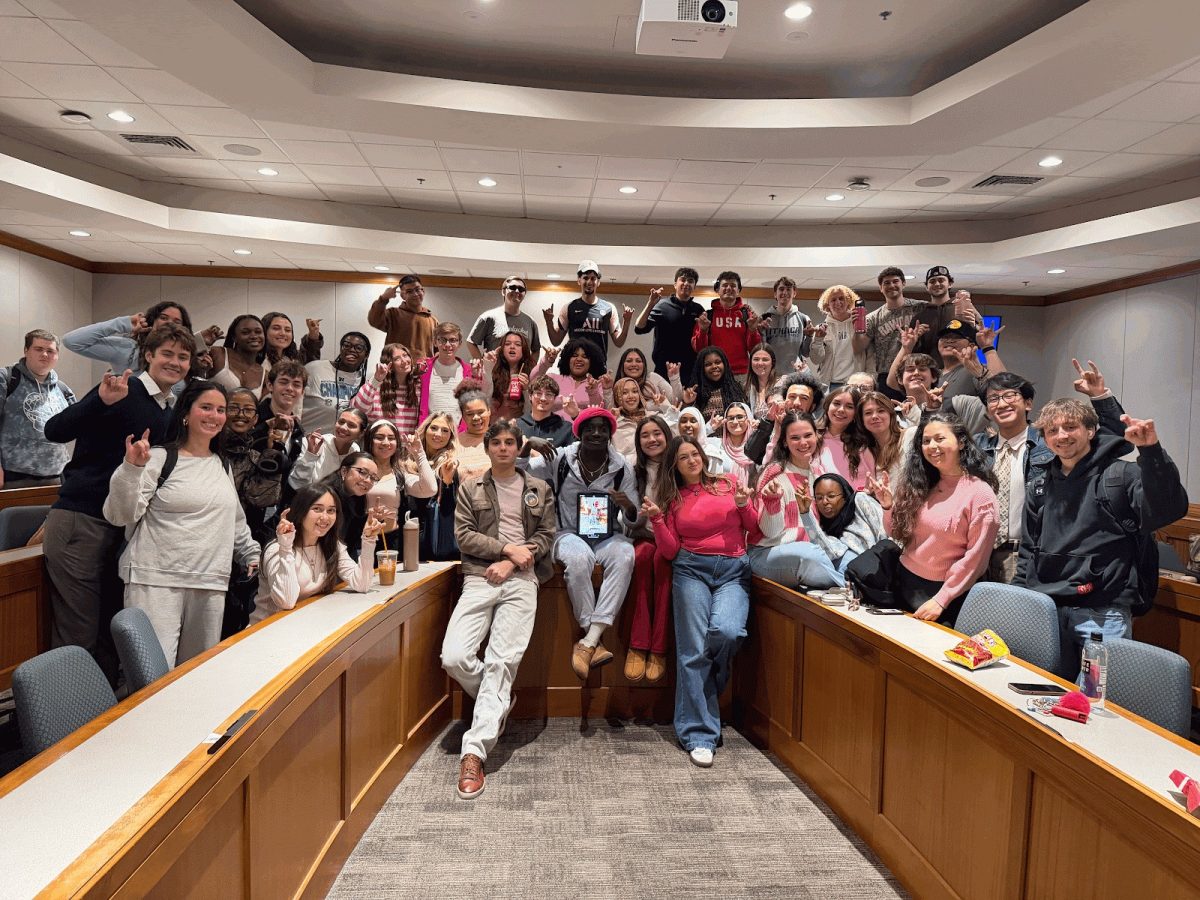Suffolk University adjunct professors submitted an official complaint against the university to the National Labor Relations Board mid-November regarding unfair compensation for mandatory faculty training and seminars. As of Dec. 10, the union has yet to receive further instructions from the NLRB.
A number of undergraduate and graduate school professors are a part of the American Federation of Teachers, a union that helps protect the rights of all teaching professionals across the United States.
The current president and representative of Suffolk is undergraduate political science professor Larwrence Overlan, who has held the role for the past six years.
“The major thing we do, of course, is negotiate pay raises, and there’s some other benefits as well,” said Overlan.
But when the union of faculty agrees that there is a form of unfair treatment or considerable issue, counsel can be called to make a formal complaint to the board in hopes to resolve the issue with the university.
“The complaint is that the university has been assigning us, meaning all the adjuncts, different training courses which are without compensation,” said Overlan. “They’re not mentioned in the collective bargaining agreement, and we pointed that out to them.”
A bargain agreement is a binding contract between the university and its staff that details the terms and agreement of their employment. This roughly 15 page document is accessible to the public on Suffolk’s website.
“We talked to our legal counsel, and he suggested we file a complaint,” said Overlan. “We did, and that’s sort of where it stands.”
NLRB feedback is expected within the coming months, Overlan said, hopefully prior to when the union will hold negotiations over the summer, before the next academic year.
“It’s not about the training per se, no one’s objecting to what it is. It’s that adjuncts live in a different world,” said Overlan. “Their time is very precious. They have other jobs, and they’re going to make connections and do different things.”
A majority of adjunct faculty at Suffolk also teach at surrounding universities across the Boston area since they are not a member of full time staff. But with multiple teaching positions the commute time adds up, along with the student count.
“We will be glad to do it. We don’t object to the content, we just object to the uncompensated mandate,” said Overlan.
Another major point that will be brought up at the negotiation table is the lack of official caps on classroom sizes. The union said the practice has left professors overloaded with responsibilities and has taken away Suffolk’s advertised personal relationship with their students and faculty.
“We have examples of professors now increasing their per class enrollment by 100%, from 18 to 36, frequently,” said Overlan. “And there seems to be no end to the number of students that can be put into a classroom. Suffolk has always been known for smaller classrooms and there seems to be a trend to increase in class size, and we are very concerned about that.”
In the 2024 academic year the student faculty ratio at Suffolk was reported to be 14:1, along with an average class size of 23 students, but with the increase in section limits, Overlan said he was concerned this status will continue, along with the other adjunct faculty.
Overlan said the battle for fair compensation cannot be fought by the adjunct staff alone, pointing to the NLRB being consulted. He said he hoped other Suffolk faculty would support the adjunct union’s bargaining.
“It would be nice if the full time faculty would support the adjunct faculty, because we work together, and we’ve already had a great relationship,” said Overlan. “We just like a little bit of support when the time comes next, sometime next summer when we’re in negotiations, that it be known that we’re not asking the world here. We’re just asking for reasonable considerations by the administration, so we’d like the full time faculty to express more support for us when possible.”






















